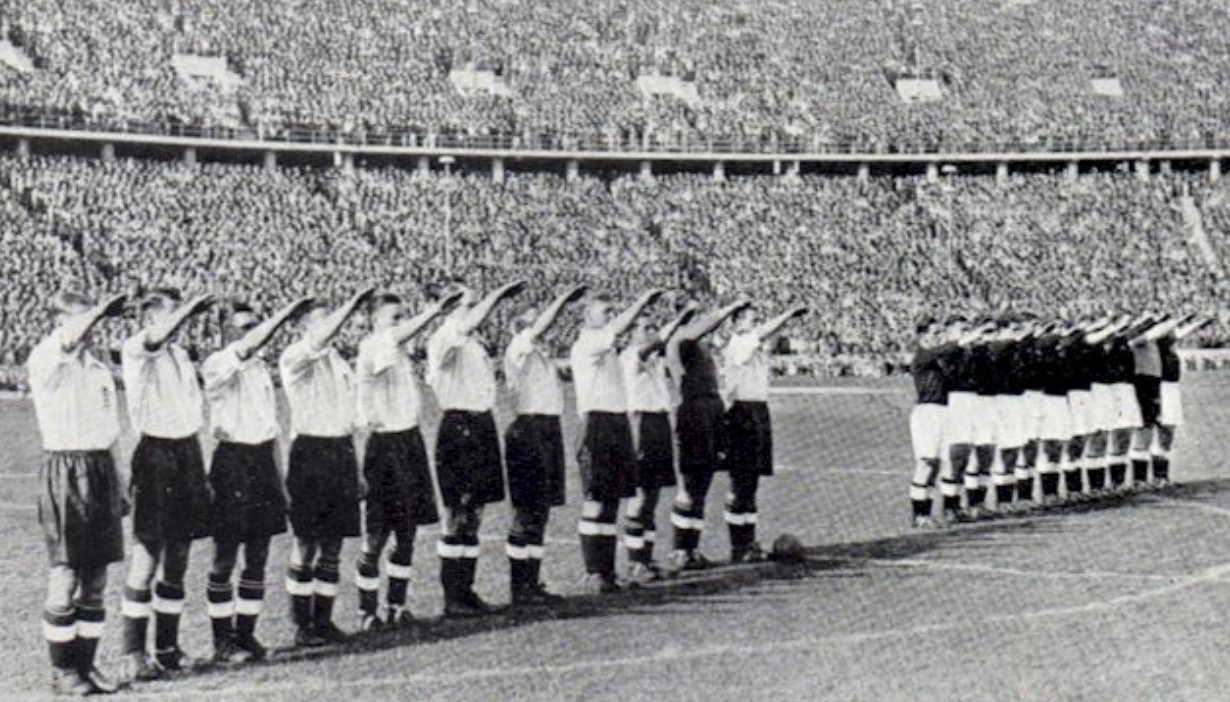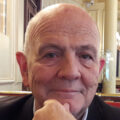If you think this article is about the World Cup in Qatar and its otherwise very relevant relationship with power, you can stop reading it. Here I am referring to the way in which the logic that presides over soccer (and other sports) permeates politics. Today there is a situation in which politics not only cannot be understood without the uses and understandings of the soccer universe but also makes use of them for its performance.
This happens in a clear way when we want to understand the so much mentioned polarization. Defined in the recent Brazilian elections or in the last Colombian elections, as well as in other countries of the region. In Argentina, it gives way to the crack, and it is a piece of very solid evidence in the daily political arena in Chile or Uruguay. It is wielded by everyone so that it ends up becoming the diffuse explanatory mantra of the current state of affairs and its ills.
Indeed, polarization is the demiurge par excellence of the world of politics whose presence extends to more and more areas and dominates any struggle for power. When Bernard Manin first referred to “audience democracy” 25 years ago, he was making an accurate analysis of a situation in which the electorate was no longer betting on parties but on candidates, the media were emerging as the intermediary forums par excellence and political consultancy, based on marketing budgets, was the principal agent in the process.
Moreover, barely two decades later, the landscape began to change radically thanks to the exponential digital transformation. Societies became even more individualized, following Zygmunt Bauman’s remarks at the beginning of this century when he began to exploit his idea of “liquid modernity”. Then, rampant capitalism led to unusual formulas of self-exploitation of the swarm that configures the “society of tiredness”, according to Byung Chul Han, arriving at Shoshana Zuboff’s surveillance capitalism, a new economic order “that claims for itself the human experience as free raw material exploitable for a series of hidden commercial practices of extraction, prediction, and sales”.
All this is not alien to a large majority of Latin American countries where the ravages of the crisis that began in the United States in 2008 were slow in coming, deflating the golden age of raw materials. However, in politics, contrary to previous times, democracy did not break down, and only in Venezuela and Nicaragua did it degenerate severely. But a state of fatigue gradually spread. In its characterization, with clear stews of popular unrest, due to the breach of expectations, inequality, corruption, and insecurity. On the other hand, in a crisis of representation, due to the deconfiguration of parties and overwhelming individualism, presidentialism was incorporated as a form of government present in all countries.
But, at this point, what does soccer have to do with all this? There are at least four aspects that stand out when it comes to characterizing it: rules, competition, spectacle, and emotions, to which I will point out at the end. In all four elements, politics finds a connection. The aforementioned presidentialism moves under the rule of zero-sum logic, according to which the winner takes all. Elections are the framework of the competition that has become the main, if not the only, real democratic mechanism.
But it is captured by a perverse combination in which the requirements of spectacle are combined with soccer passion when interpreting politics. Directed by a group of communication gurus and with an increasingly sophisticated component of virtual strategies, there is intense feedback of both thanks to the great impulse given by emotions. In fact, in the academic world, and following the work of Mariano Torcal, today we speak less of ideological polarization than of affective polarization generated “by feelings with respect to certain identities or political actors in the system”.
The agglutinating element I was referring to refers to the trivialization that engulfs the process. At the end of the day, everything becomes a more or less gallant game. Only the overreaching of passions can make it skid. Rampaging fierce gangs or political violence against candidates or supporters are the acid drops of the proposal.
I believe that the construction of the present story by most commentators, opinion makers, and gurus, although based on aspects that apparently may be concrete, is very perverse. Delusional in the face of an avalanche of supposed truths that each one constructs at will, of viralization, of anonymous digital activism, and without serious questioning of what is happening, in the end, they do nothing but attend to what interests the public. It is not just the classic “bread and circuses” issue, but the result of the paroxysm to which the exponential digital transformation has led so far, where symbols and language are permanently twisted.
Terms such as “the field is muddy”, “the victory in injury time” or “the revenge of the first leg” that illustrate a good part of the analysis add to the fervor of those who wear a certain t-shirt that must end up imposing itself against any other opponent. At the end of the day, as Miguel Pastorino points out, there is an alarming inability to separate opinions from identity, so that, as in soccer, the t-shirt presupposes an accumulation of arguments and never the other way around.
Polarization is thus trompe l’oeil. One more word introduced in the jargon of politics that confuses, but which is the product of an appropriate strategy, at the same time, in the framework of presidentialism that feeds narcissism, as well as in a social environment in which the emotions of the stands enjoy an unbeatable predicament today. Polarization is the argument of the game, its very raison d’être. Without it, there is no game and, ultimately, no interested public.
*Translated from Spanish by Janaína Ruviaro da Silva
Autor
Professor Emeritus at the University of Salamanca and UPB (Medellín). Latest books (2020): "El oficio de político" (2nd. ed., Tecnos (Madrid) and in co-edition with Porfirio Cardona-Restrepo "Dilemas de la representación democrática" (Tirant lo Blanch, Colombia).












